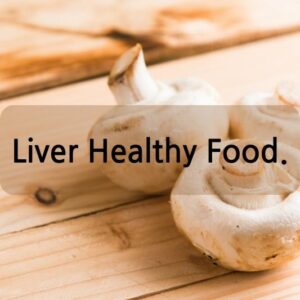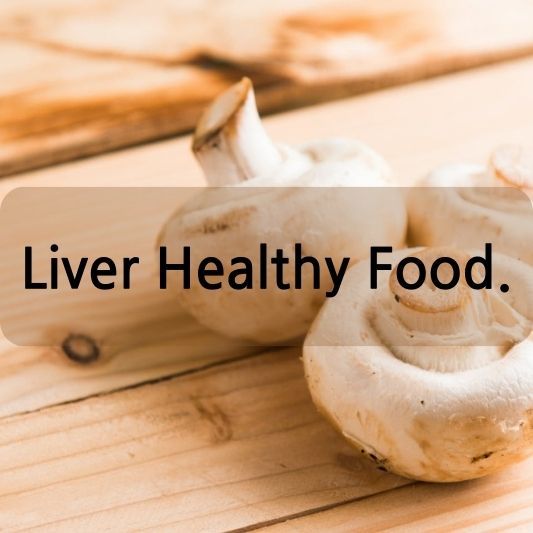The liver, a vital organ responsible for detoxification, metabolism, and nutrient storage, necessitates thoughtful care and attention. Diet plays an instrumental role in maintaining optimal liver health. Understanding the impact of food choices on this essential organ is crucial for overall well-being.

Introduction to Liver Health
The liver stands as a resilient guardian of our health, undertaking numerous functions crucial for our survival. Beyond processing nutrients and eliminating toxins, it plays a pivotal role in energy storage and immune system support. The food we consume significantly influences its efficiency and longevity.
Key Nutrients for a Healthy Liver
In nurturing our liver, certain nutrients reign supreme. Essential vitamins like A, C, D, and E alongside minerals such as zinc and selenium form the backbone of liver support. Antioxidants, renowned for their protective abilities, shield the liver from oxidative stress.
Foods Beneficial for Liver Health
Embracing a diet rich in leafy greens like spinach and kale fosters liver health. Coupled with an array of fruits, they provide a spectrum of vitamins and fiber. Incorporating healthy fats from sources like avocados and nuts offers necessary nourishment for optimal liver function.
Avoiding Harmful Foods
Steering clear of processed foods laden with excessive sugars and unhealthy fats is pivotal. The liver bears the brunt of processing these, leading to potential damage. Equally crucial is minimizing alcohol intake, a notorious adversary to liver health.
The Role of Hydration
Amidst dietary considerations, adequate hydration cannot be overstated. Water serves as a natural detoxifier, facilitating the elimination of toxins and waste products from the liver.
Herbal Support for Liver Health
While herbal remedies like milk thistle and dandelion root are known for their liver-supporting properties, caution and professional guidance are essential before their inclusion in one’s regimen.
Healthy Habits Beyond Diet
Physical activity and stress management contribute significantly to liver health. Exercise aids in weight management, reducing the risk of fatty liver disease, while stress reduction techniques foster overall well-being.
Balancing a Liver-Friendly Diet
Crafting a meal plan balancing diverse nutrients and incorporating moderation is key. Variety ensures a spectrum of nutrients, while moderation prevents overload on the liver.
Incorporating Liver-Healthy Recipes
Simple yet nutritious recipes like roasted beet salad or salmon with quinoa offer delectable options for a liver-friendly diet.
Monitoring and Maintenance
Regular health check-ups and liver function tests provide crucial insights into one’s liver health status. Early detection allows for proactive measures to maintain optimal liver function.
Conclusion: Empowering a Healthier Liver
Nourishing the liver through a well-thought-out diet and lifestyle choices fortifies its resilience and functionality. Prioritizing liver health contributes not just to the organ’s well-being but to holistic health overall.
FAQs About Liver Health
Can fatty foods harm the liver?
Moderation is key; excessive consumption can strain the liver.
Is detoxing necessary for liver health?
The liver naturally detoxifies the body; focus on a balanced diet instead.
Does coffee aid liver health?
Moderate coffee consumption may have protective effects.
Are supplements necessary for liver support?
A well-balanced diet typically suffices, but consult a healthcare professional for individual needs.
Can exercise alone improve liver health?
Alongside a balanced diet, regular exercise significantly benefits liver health.
Find out the price of nutritional supplements to help your liver health on iHerb!
